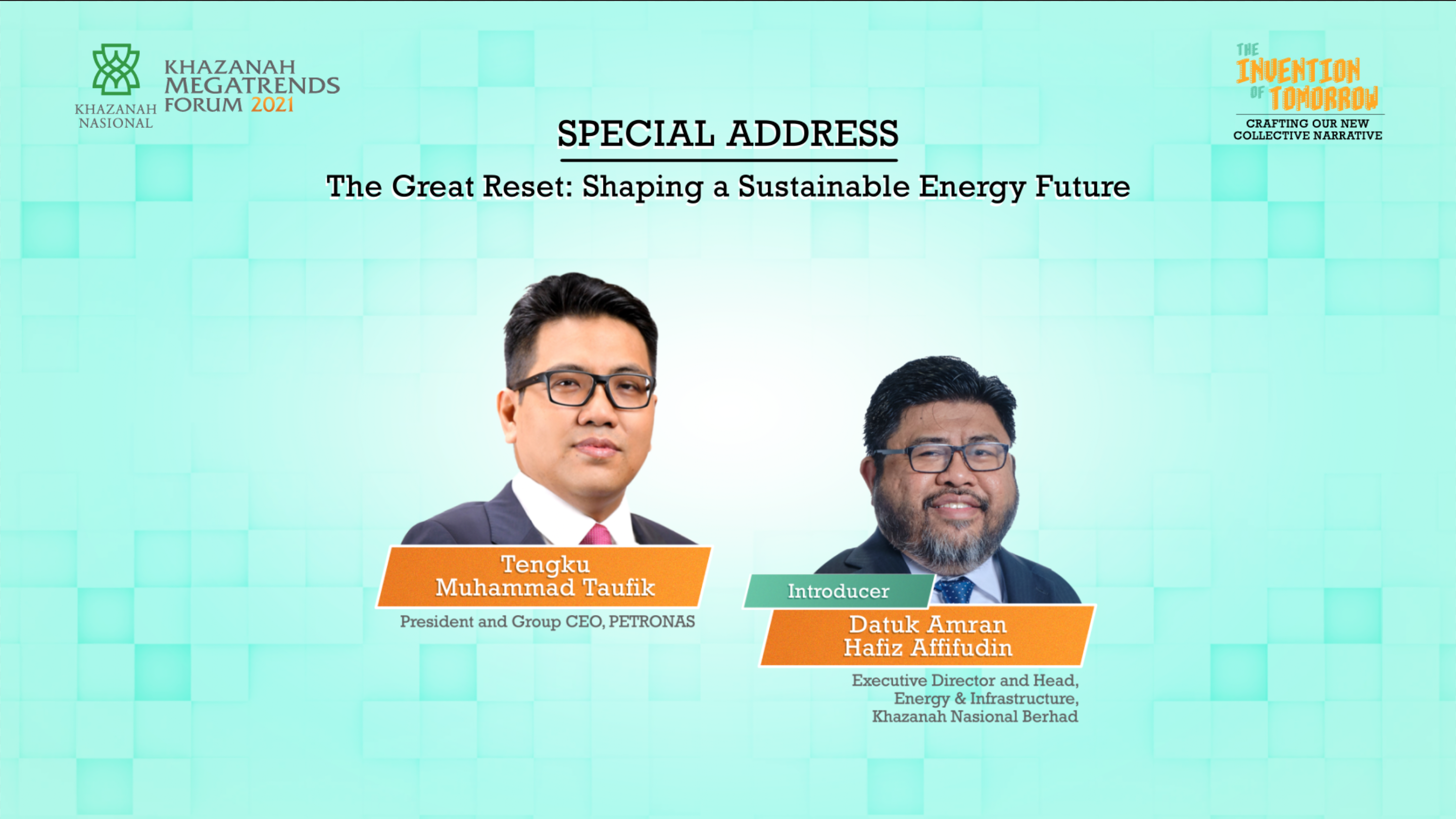Session Summary
The challenges in the energy industry represent a great reset.
Covid-19 caused disruption to the energy industry.
The energy industry has long been exposed to boom-and-bust cycles. 2020 was the worst year for the oil and gas (O&G) industry as global demand collapsed by 30%, following movement restrictions.
Oil & Gas (O&G) sector is not poised for a fairy-tale comeback.
Although oil prices have improved close to USD80/bbl on cyclical economic rebound, underlying data indicates recovery to the O&G sector remains fragile. There are growing headwinds in the macro-environment and prices are still subject to active supply management by OPEC+ players.
Energy transition to a cleaner and sustainable source sponsored by major economies.
Energy transition is driven by major governments renewing their commitments to net zero carbon emissions. Moreover, staggering momentum of technological advancements in renewable space has helped the sector reduce the cost of decarbonisation.
Fossil fuel will continue to play critical roles in the energy mix.
Reality of peak oil demand.
Renewable energy is not yet a perfect solution that can securely and reliably address increasing energy demand. O&G will retain a significant share in the global energy mix, and investments are necessary to fuel future demand growth.
There is no single prescribed pathway to a low-carbon future.
Natural Gas and Liquefied Natural Gas (LNG) present a viable and already available industry response to the challenges posed by energy transition, but there remain many pathways for lower carbon future.
Asia is anticipated to be the centre of energy demand growth up to 2040.
While Asia is embracing energy transition, each sovereign nation contends with its own unique energy aspirations. Asia’s transition pathways deserve their own realistic and practical solutions, which must be responsibly orchestrated to ensure equitable outcomes.
Petronas: Maximizing the value of the nation’s hydrocarbon resources and provide long-term economic value creation.
Petronas recognizes its duty to provide long-term economic value creation and to support the low carbon ambitions of Malaysia.
This is for the shared prosperity and energy security of Malaysians. While integrating renewable and lower-carbon solutions into its portfolio, O&G will still be the core of Petronas’ business.
3-pronged strategy to respond to the energy transition.
Petronas strives to deliver hydrocarbon safely, cleanly and cost efficiently. The company has a 3-pronged growth strategy aimed at responding to the energy transition by 1) maximising cash generators, 2) expanding the core business, and 3) stepping out.
Sustainability is NOT optional.
Petronas aims to achieve net-zero by 2050. Stronger collaboration is pivotal to successfully navigate this energy transition. This includes forward-looking energy policies and intervention, greater access to capital, and aggressive pursuit of technology to deliver cleaner energy.
